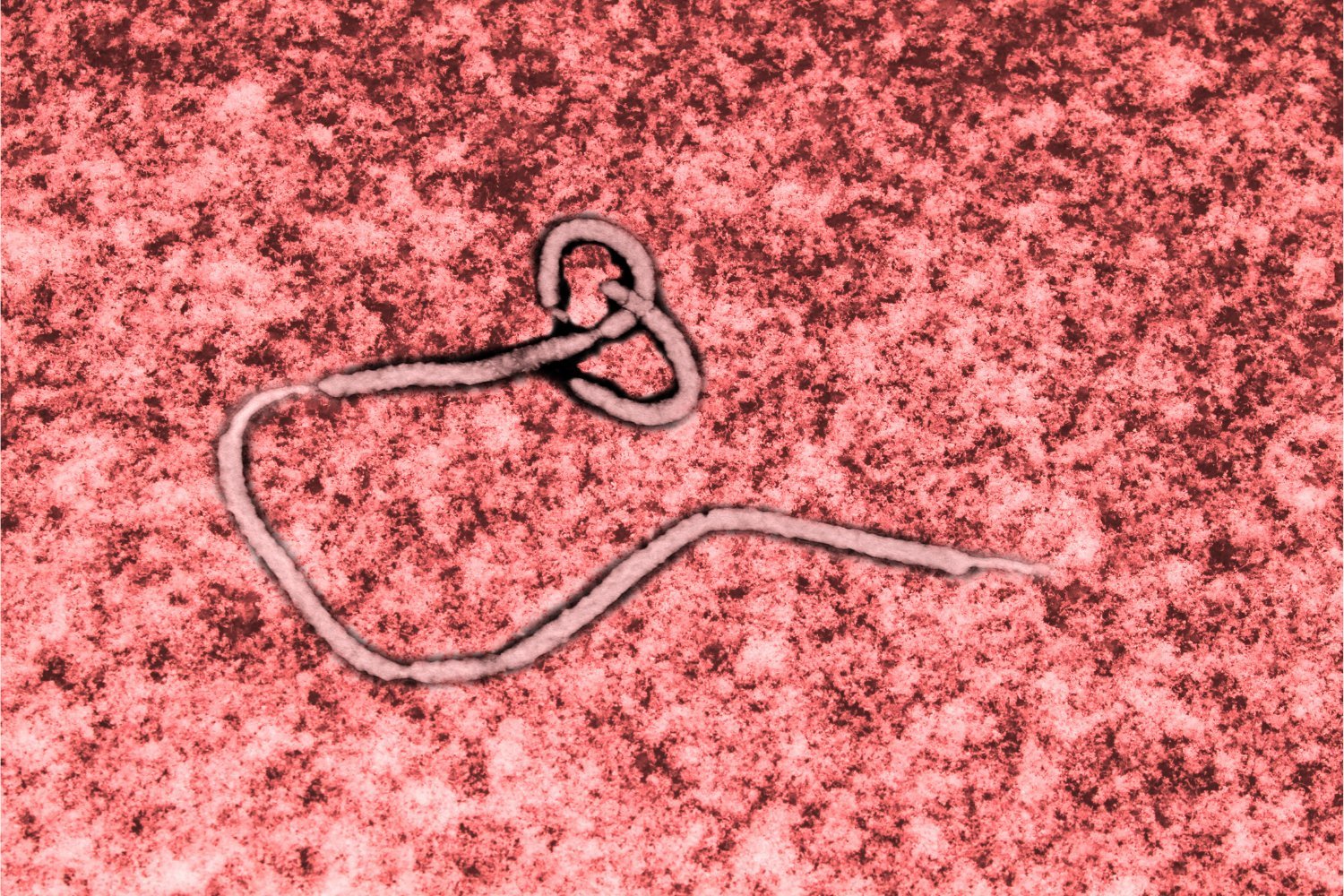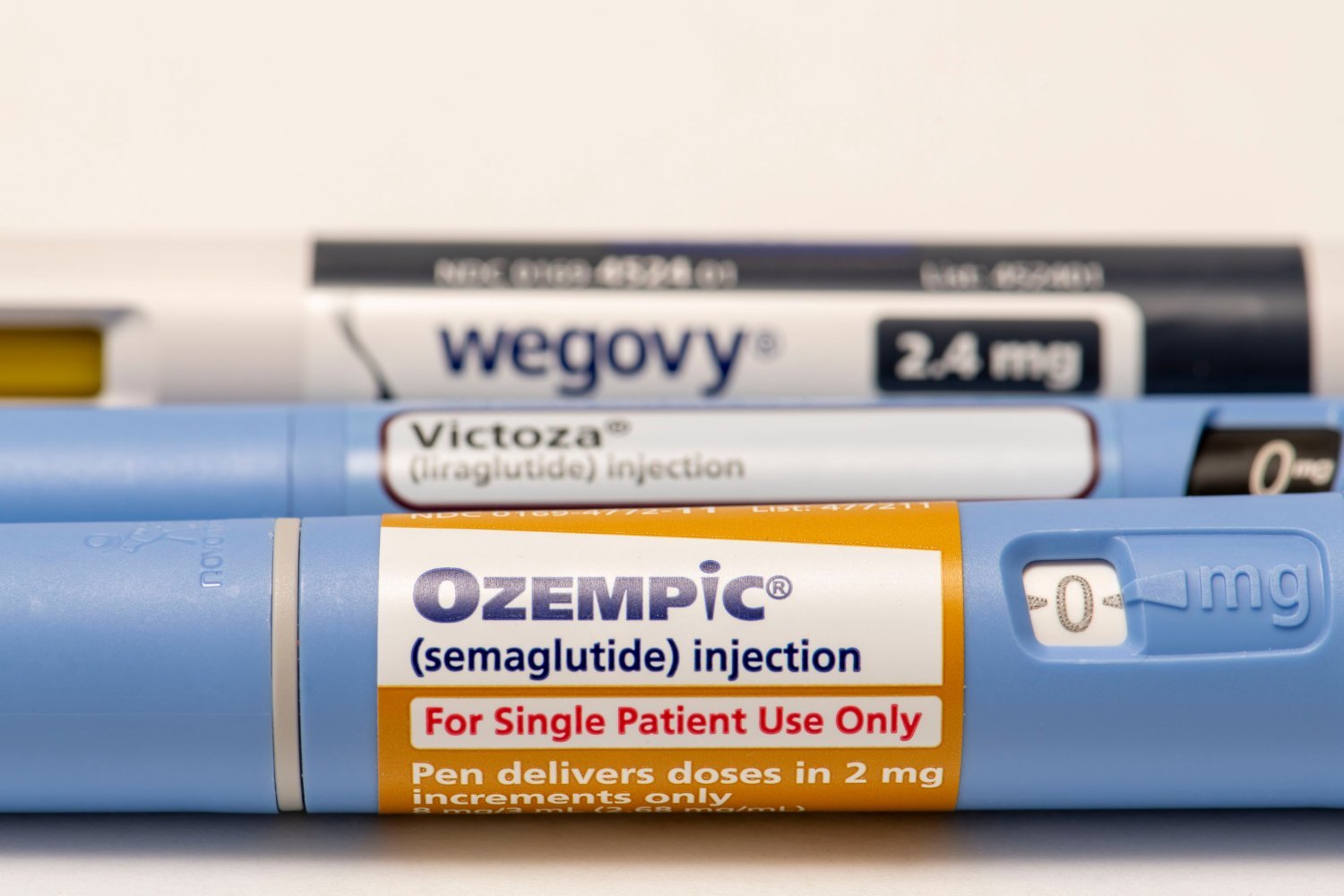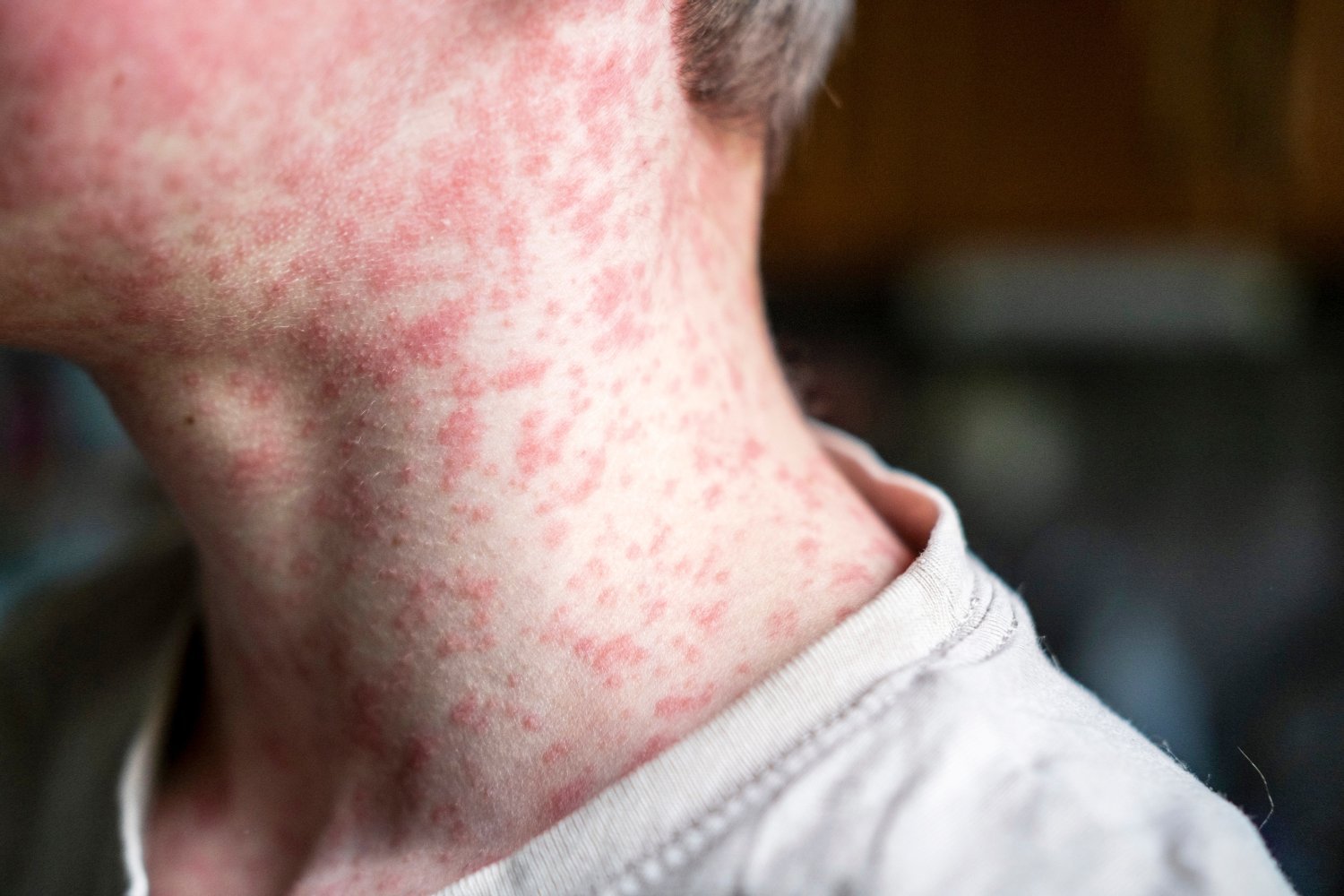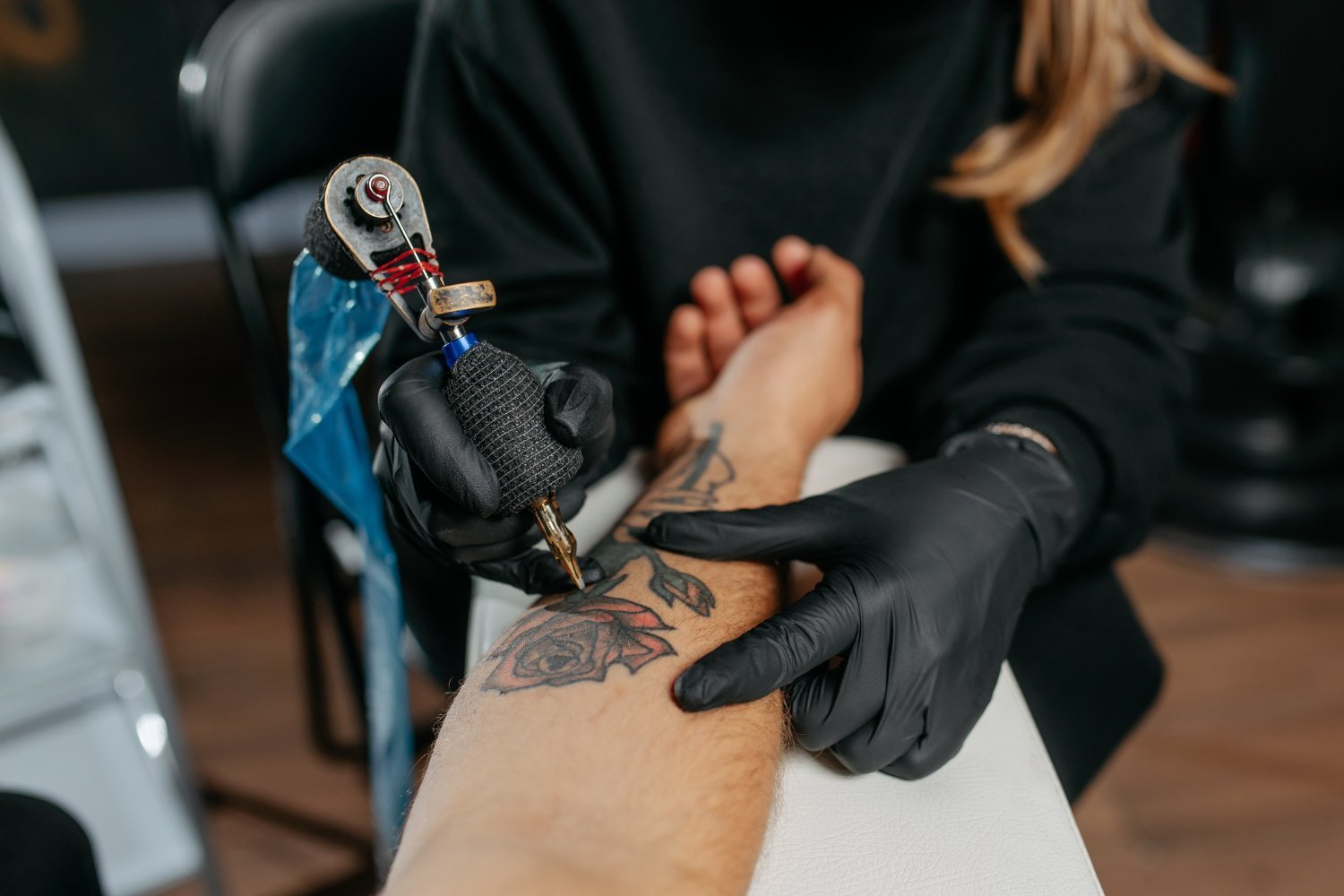A recent study offers a glimmer of hope in the fight against Ebola, one of the world’s deadliest diseases. Researchers have found that a single dose of an experimental oral antiviral, obeldesivir, significantly reduced the fatality rate of Ebola infection in nonhuman primates. This breakthrough could pave the way for a more accessible and easily administered treatment for this devastating illness.
The study, published in Science Advances and led by scientists at the University of Texas Medical Branch (UTMB), focused on the efficacy of obeldesivir against the Zaire ebolavirus, the deadliest strain of the Ebola virus. This strain is responsible for the highest fatality rates, reaching up to 90% in untreated cases. The researchers administered obeldesivir to monkeys infected with a lethal dose of the virus, observing remarkable results.
Ebola virus disease is characterized by a range of symptoms, initially resembling the flu with fever and aches. However, it can rapidly escalate, causing extensive organ damage and severe internal bleeding, also known as hemorrhagic fever. This often leads to death.
Ebola is a zoonotic disease, meaning it originates from animals. African fruit bats are believed to be the primary reservoir, and human outbreaks often begin with exposure to these infected animals. The virus can also spread through direct contact with bodily fluids like blood and semen. While its rapid progression and high mortality rate typically limit widespread transmission, Ebola has caused significant outbreaks, most notably the 2014-2016 West Africa outbreak which claimed over 11,000 lives.
While vaccines and treatments for some Ebola strains exist, their availability and practicality are often limited. Vaccine supplies are scarce, and current antibody-based treatments require cold storage and intravenous administration. Obeldesivir, an oral version of the antiviral remdesivir initially developed for COVID-19, presents a potentially game-changing solution.
In this latest study, rhesus and cynomolgus macaques were given a lethal dose of Zaire ebolavirus and then treated with obeldesivir one day post-infection. The results were striking: 100% of the rhesus macaques and 80% of the cynomolgus macaques survived. The treatment effectively hampered viral replication and appeared to boost the monkeys’ adaptive immune response, which involves the production of antibodies.
Prior research by the same team indicates that obeldesivir might also be effective against the Sudan virus, the second most prevalent Ebola species. Furthermore, a January 2025 study demonstrated its potential against Marburg virus, another lethal relative of Ebola, which caused a recent outbreak in Tanzania resulting in at least 10 fatalities.
While further research is crucial to confirm obeldesivir’s effectiveness in humans, these findings are promising. The development of an oral antiviral could revolutionize Ebola treatment, offering a more accessible and easily deployable option, particularly in resource-limited settings. The researchers envision obeldesivir as a powerful tool in combating these deadly viral infections.
“For outbreak response, oral antivirals might present substantial advantages over now approved intravenous drugs, such as easy supply, storage, distribution, and administration,” the researchers concluded in their publication.











